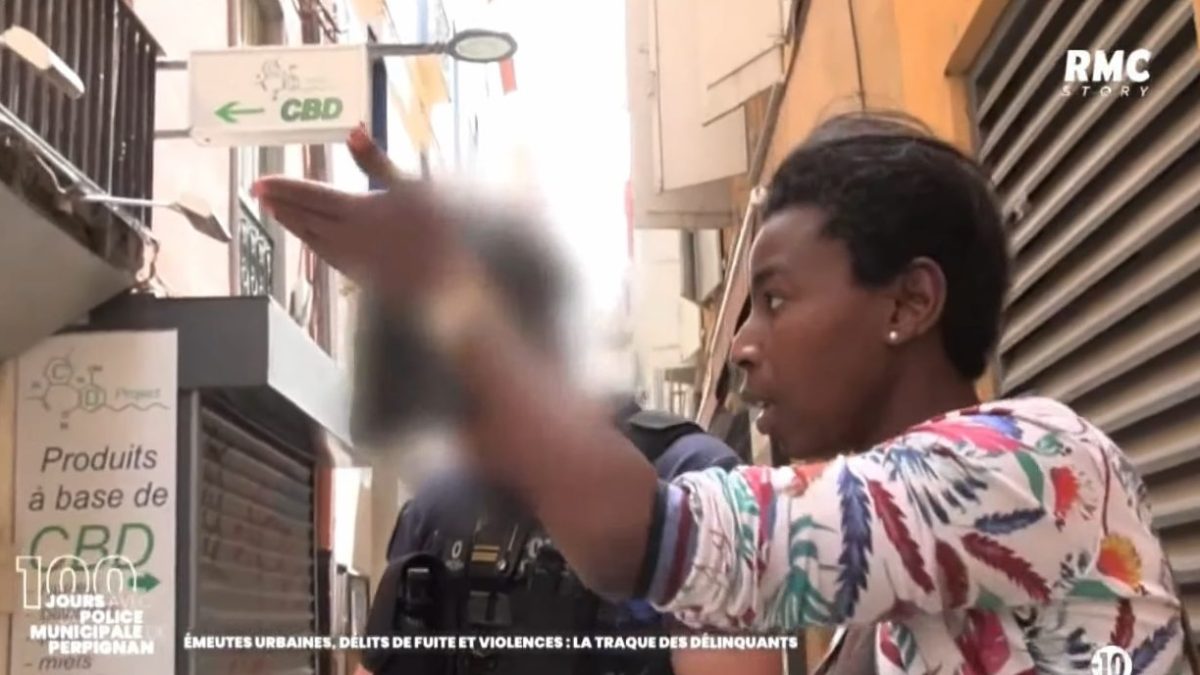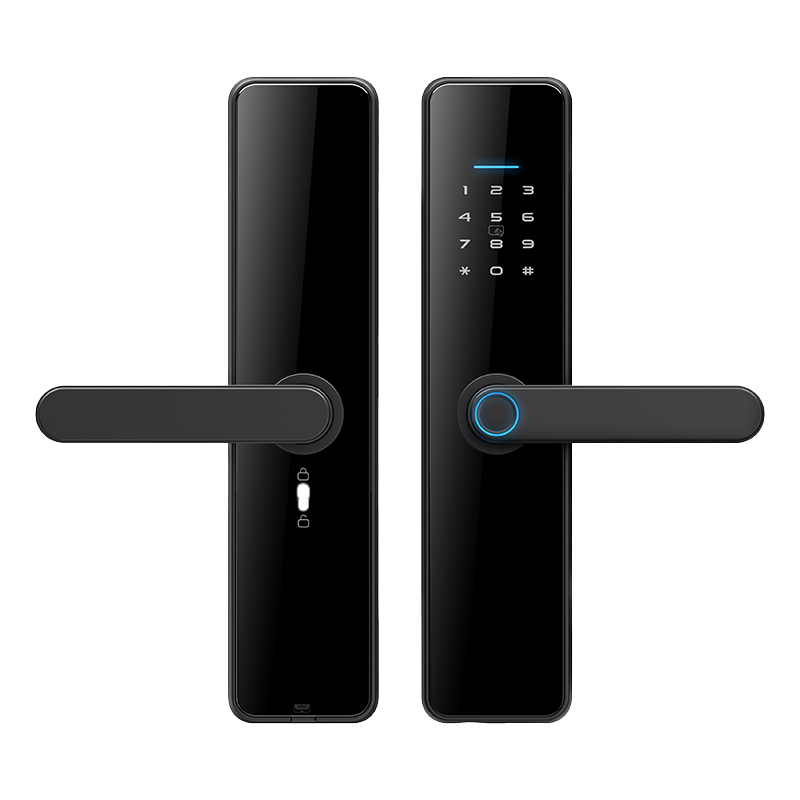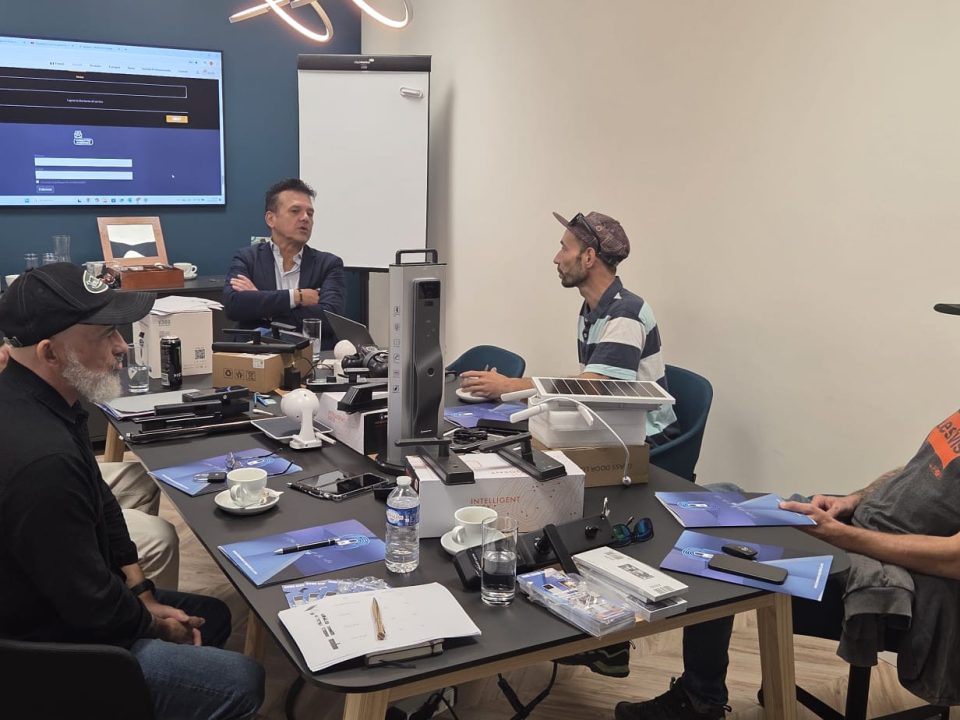In recent years, vacation rentals via platforms like Airbnb have revolutionized the real estate market. But behind the beautiful photos of charming homes and promises of additional income for owners, lies a much darker reality: organized squatters, illegal sublets, and illegal parties transforming peaceful apartments into veritable clandestine nightclubs.
When squatters invite themselves into seasonal rentals
The stories are multiplying. Tenants book for a few days, then refuse to leave. Some don't hesitate to change the lock to block access to the owner, who settles permanently in the accommodation.
The result: long and costly legal proceedings, sometimes months before recovering your property.
"It's every homeowner's fear. You think you're hosting a couple on vacation, and you end up with squatters who are impossible to evict," explains Julien, an apartment owner in Nice who fell victim to this scenario in 2023.
The technological solution: the smart biometric lock
Faced with this growing threat, an innovation from French technology is beginning to change the situation: the Home Secure Protect biometric lock.
Its operation is simple but formidable:
No physical keys. Opening is done only by fingerprint or by a temporary code sent to the tenant.
Limited time codes. After the end of your stay, the code is automatically deactivated. It's impossible to sneak back in after checking out.
Anti-intrusion system. Any attempt to force or replace the lock immediately triggers an alert sent to the owner.
Live evidence. Thanks to connected technology, the owner receives a notification and can alert the police without delay.
Integrated video surveillance: the end of illegal parties
But the real revolution lies in the integrated camera to the lock.
Discreet but effective, it films each opening and allows you to check directly who enters the accommodation.
The owner can thus ensure that these are indeed the registered tenants who access the apartment.
In case of illegal subletting (unknown people settling in instead of real travelers), the images provide irrefutable proof.
And in the face of the scourge of clandestine parties, organized via social networks in Airbnb accommodation, video surveillance becomes a major deterrent tool.
“Before, I couldn’t control what happened once the keys were handed over. Today, if a group of 15 people tries to get in, I see it live and can take immediate action,” says Sarah, a homeowner in Paris.
A major economic and security issue
For owners, the stakes are colossal:
Thousands of euros of losses in the event of prolonged squatting.
Municipal fines for repeated noise pollution.
Restoration costs after illegal parties.
The biometric lock therefore meets a dual need: protect real estate And reassure travelers who know that they are entering a secure home, in compliance with new regulations prohibiting key boxes visible on the facade.
Towards a new age of short-term rentals?
With the rise of these technologies, the era of physical keys seems to be over.
For owners, the biometric lock represents not only legal and technical protection against squatters, but also a modern management tool, adapted to market requirements.
One thing is certain: with Home Secure Protect, squatters and illegal partygoers no longer have a place.
Seasonal rentals are once again becoming what they should always be: a simple, safe and peaceful experience for everyone.






